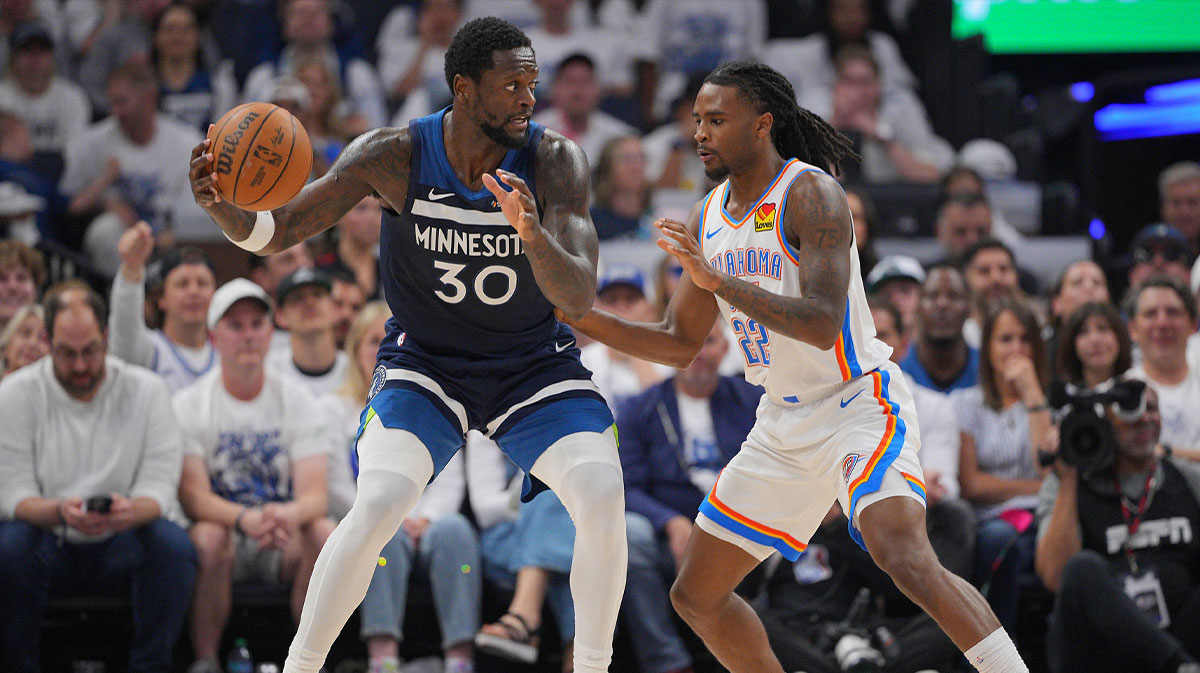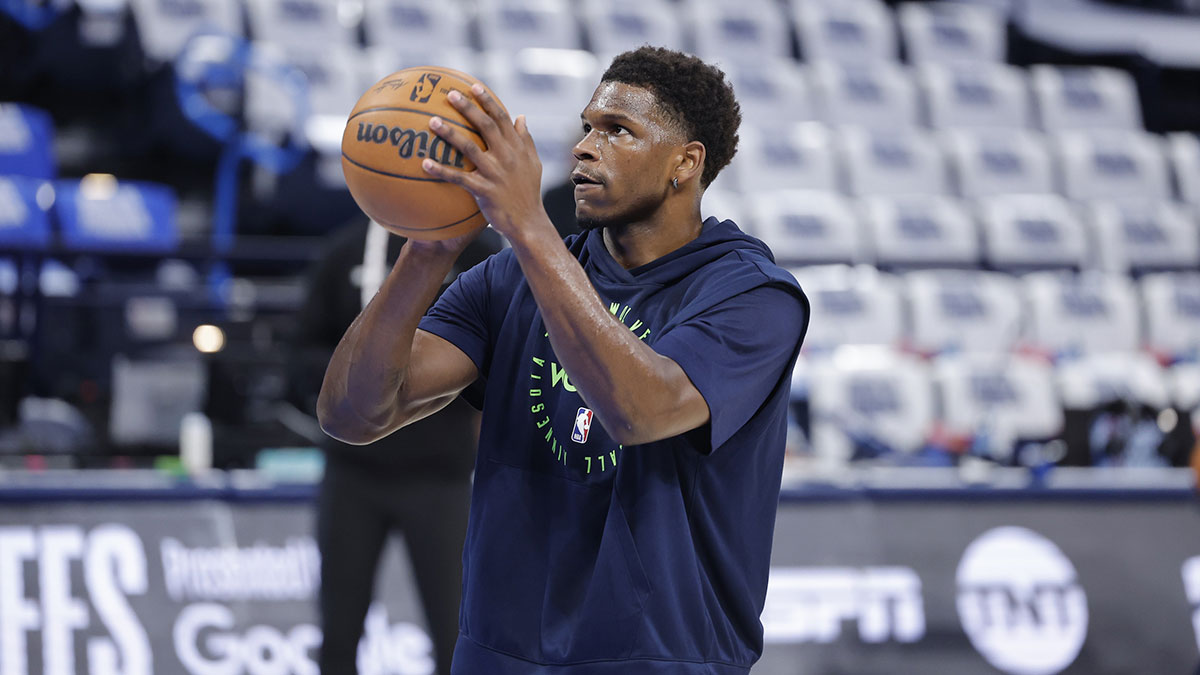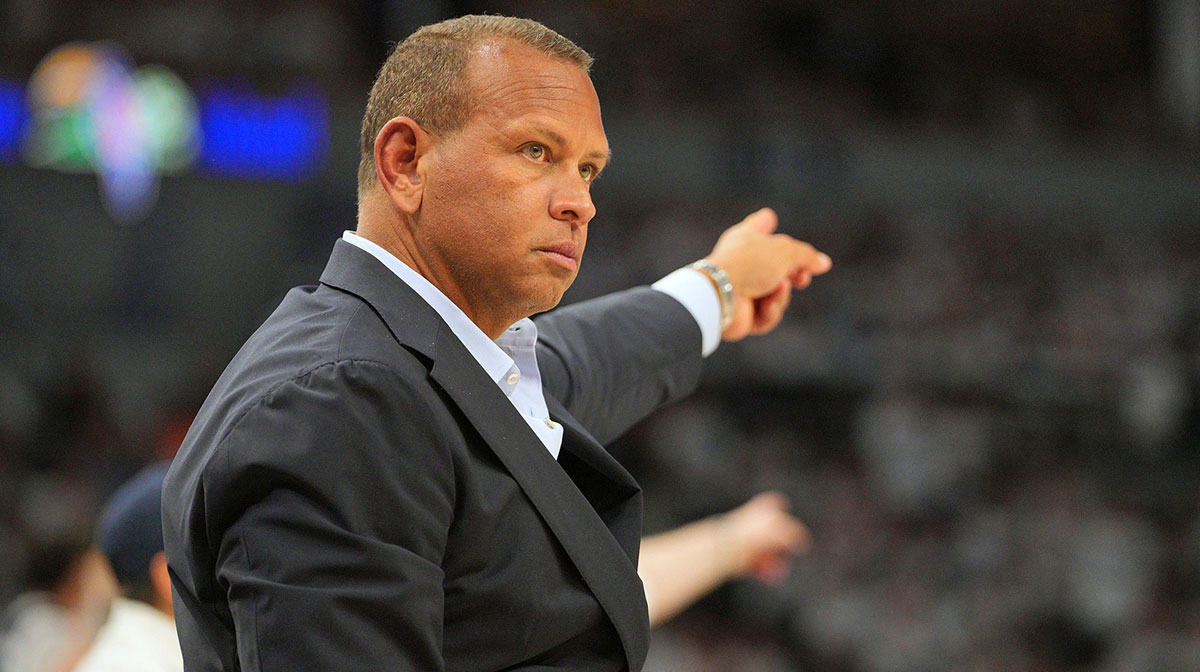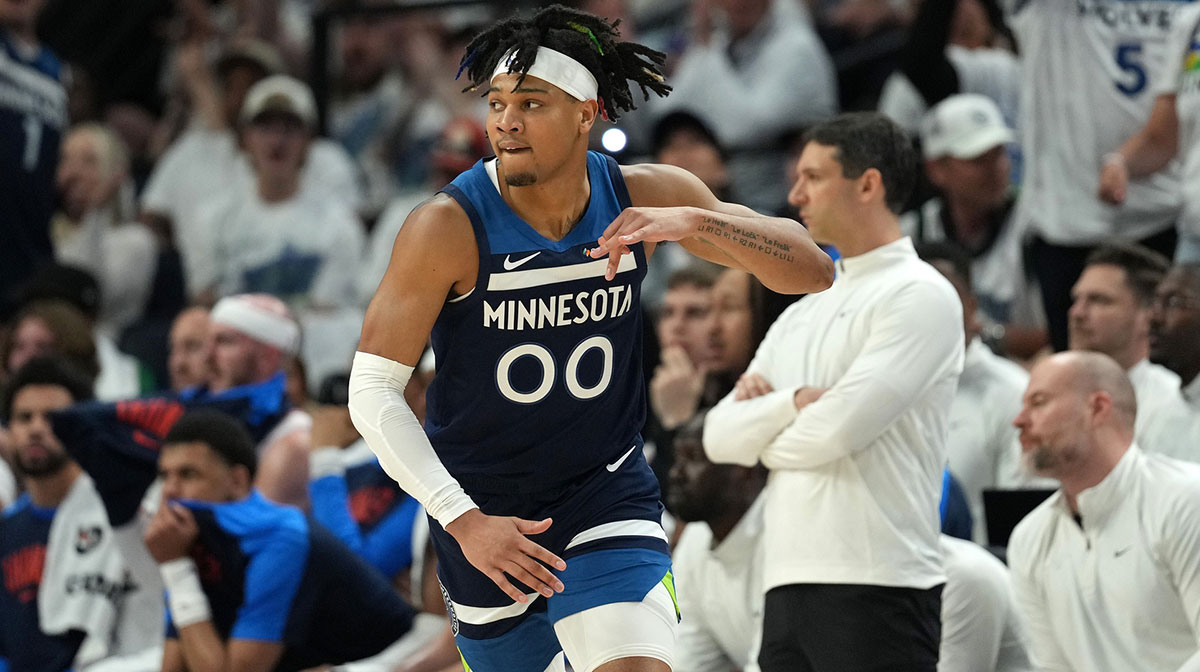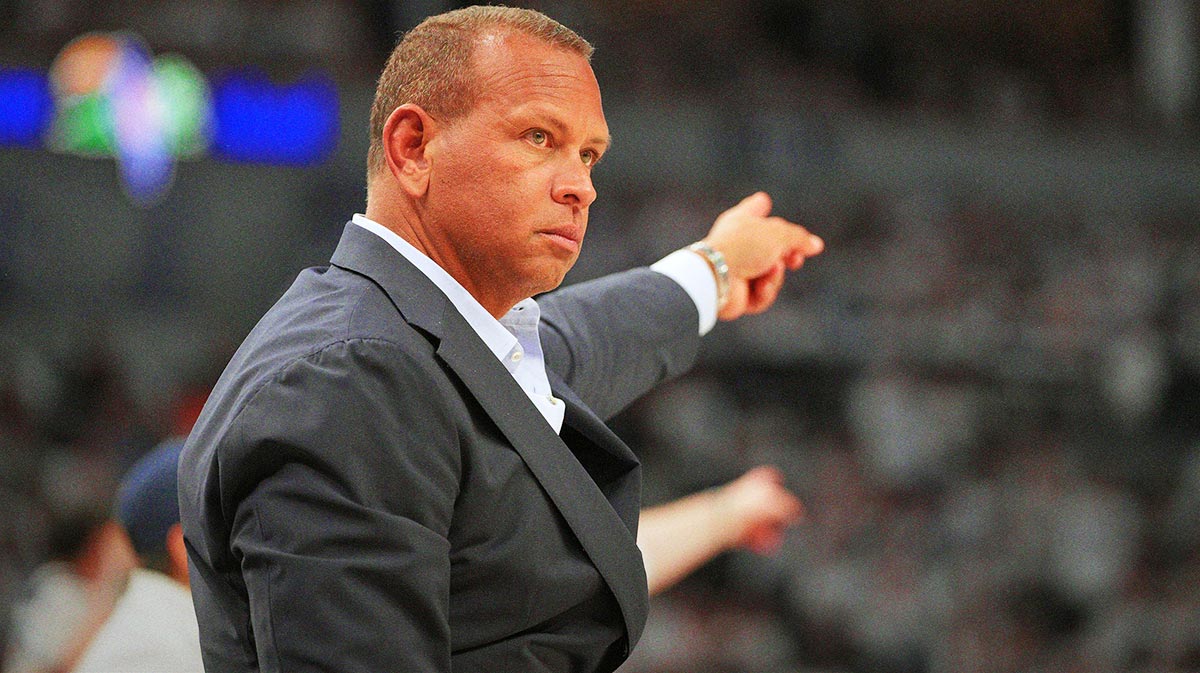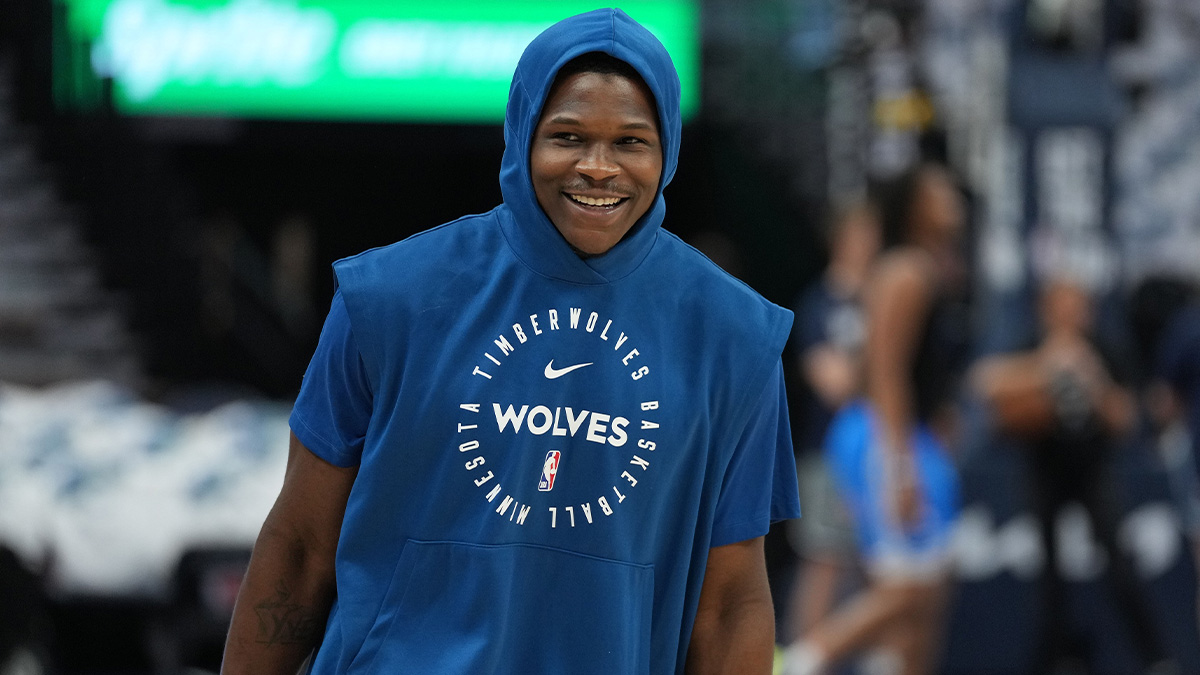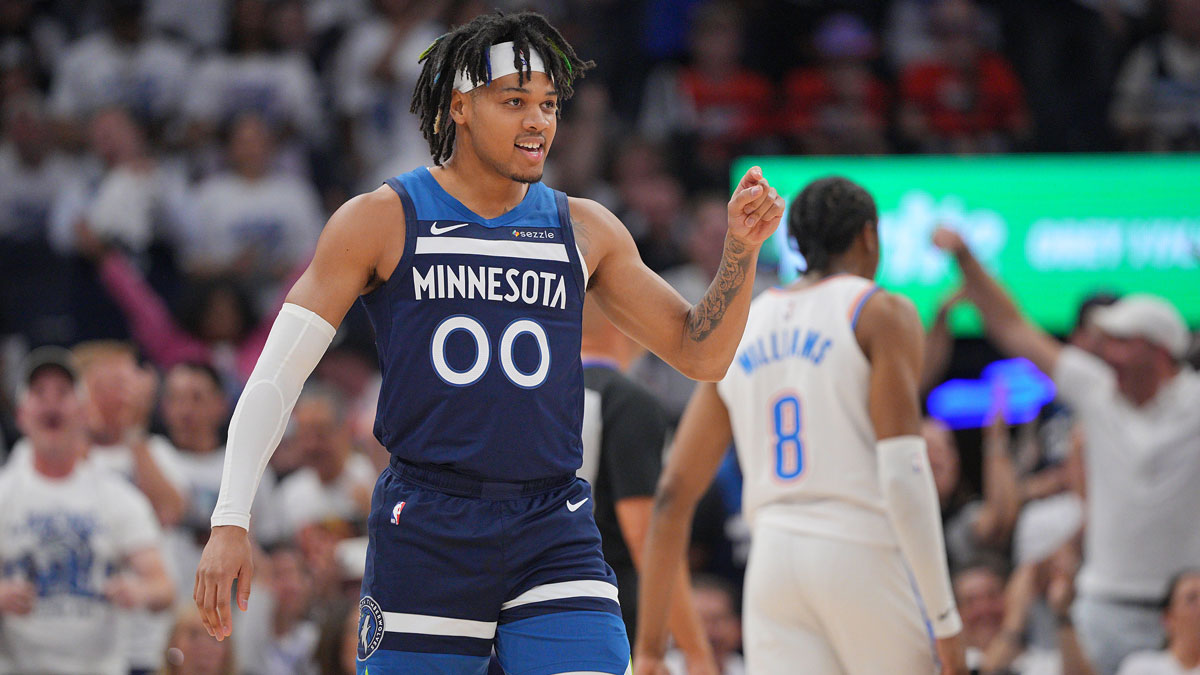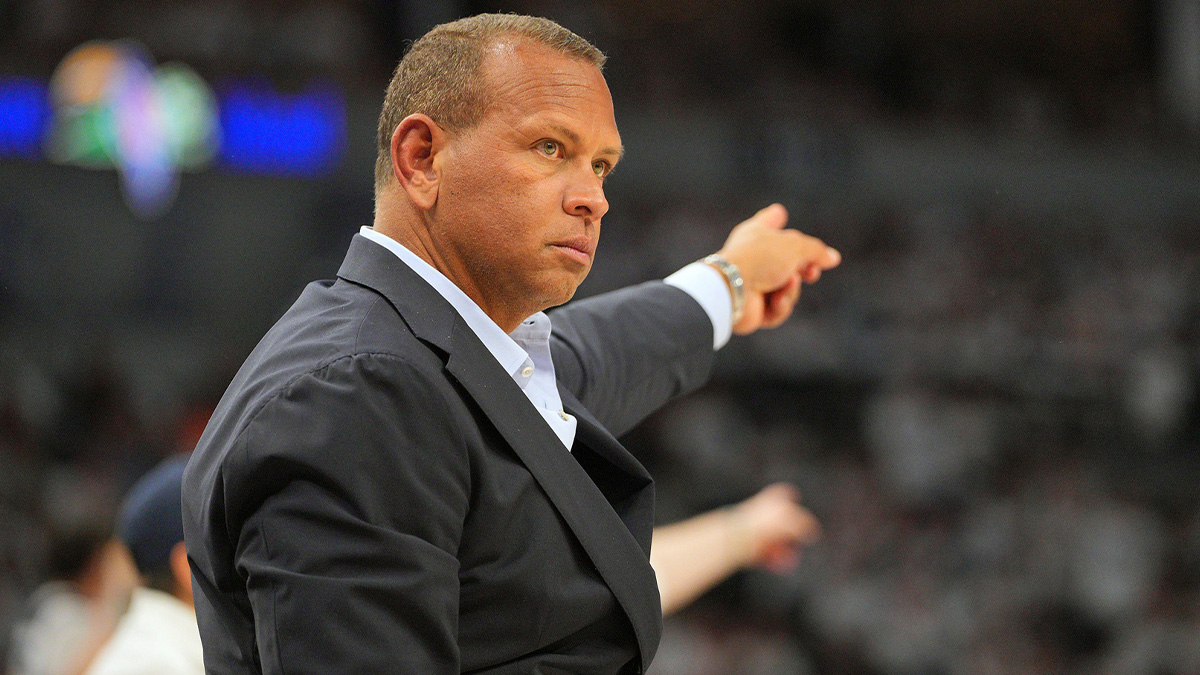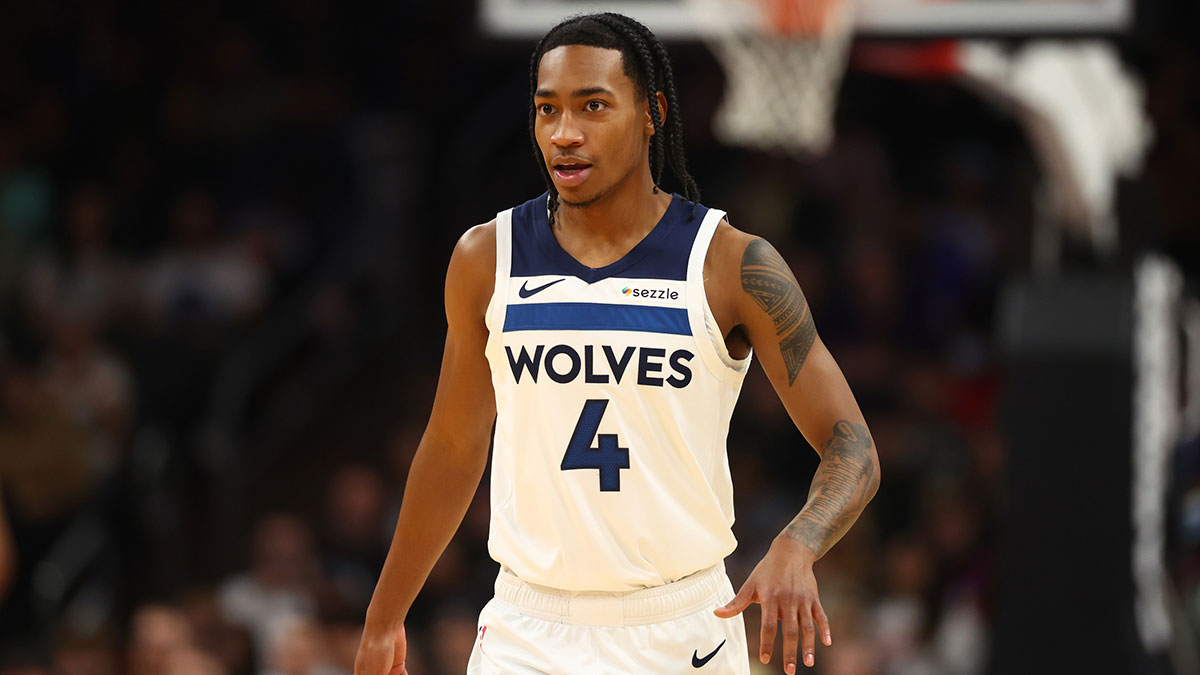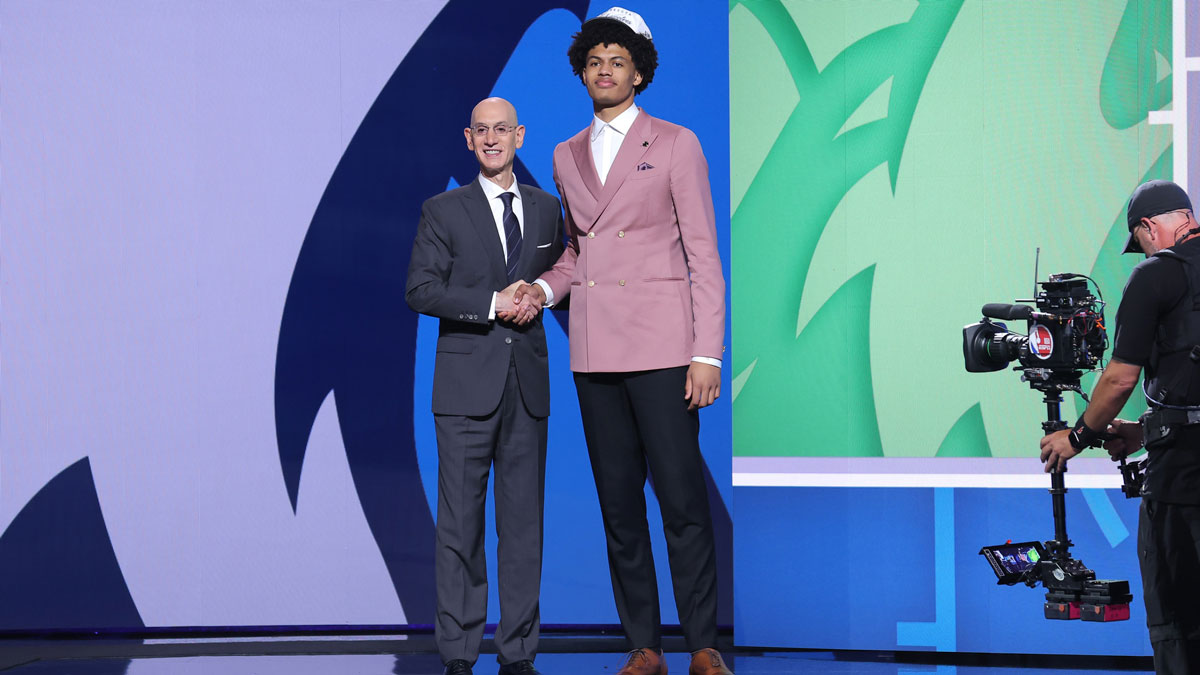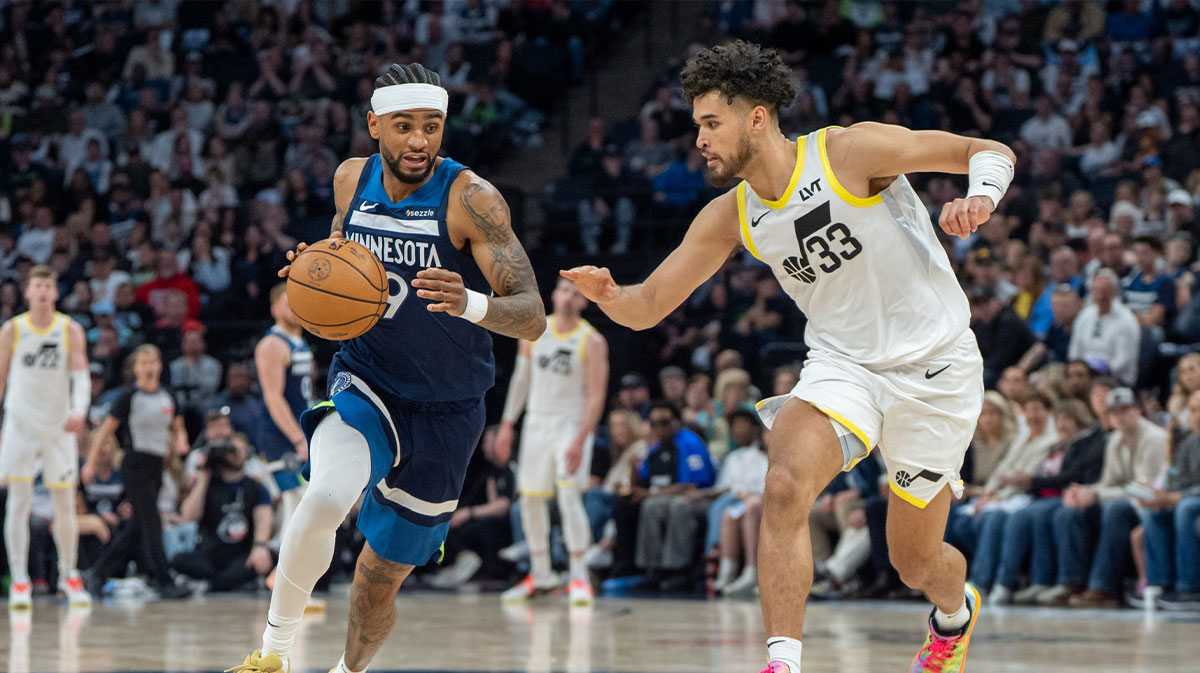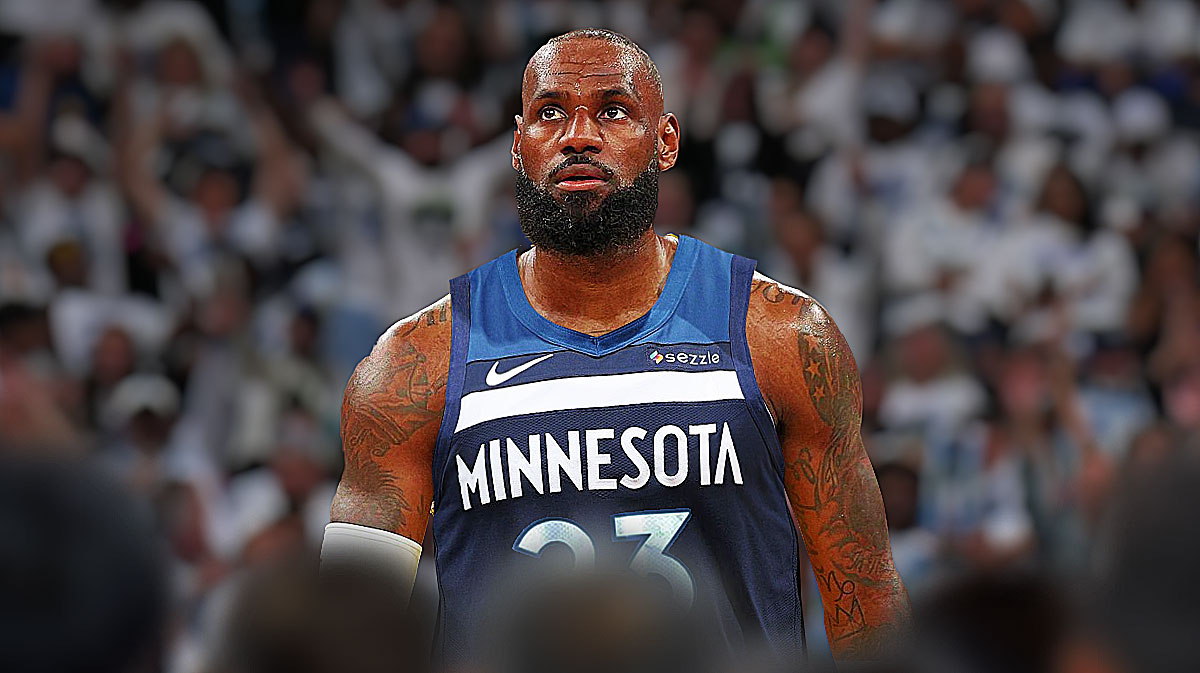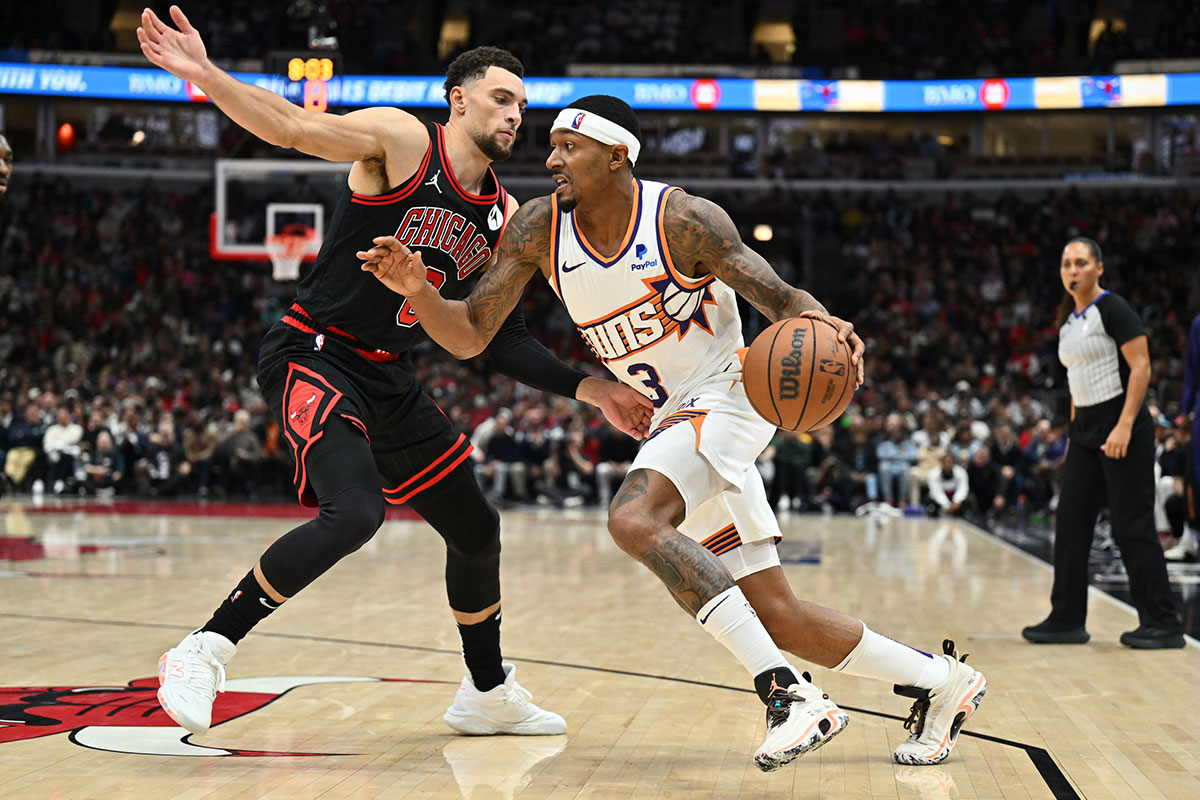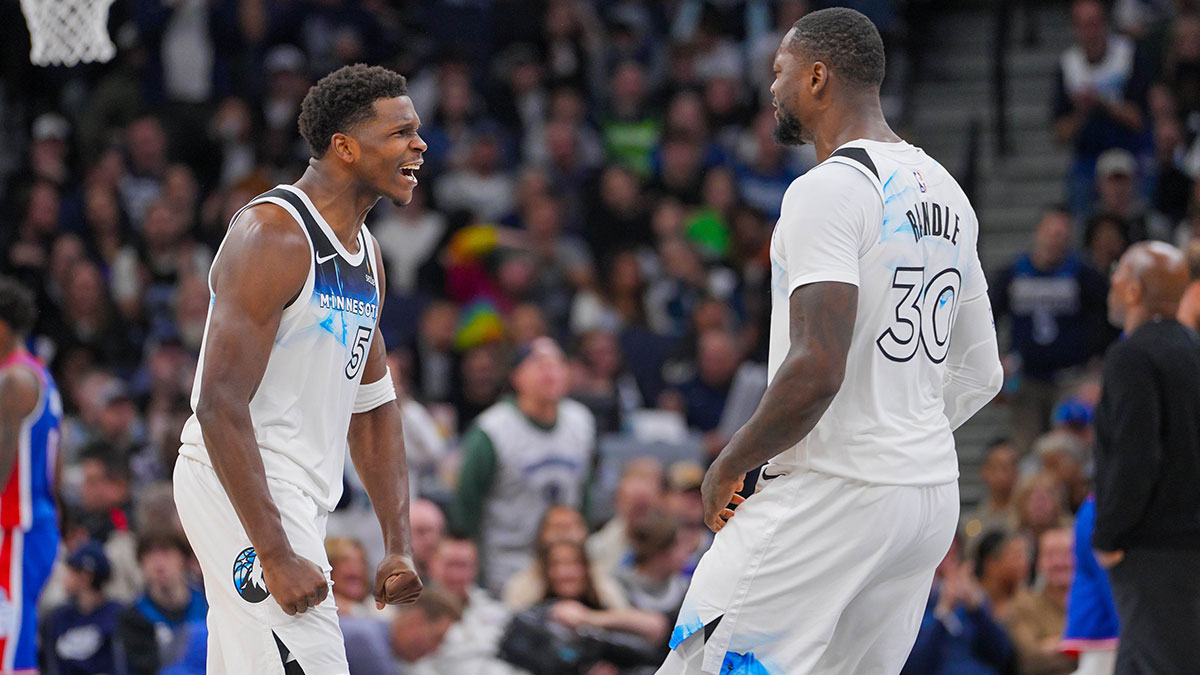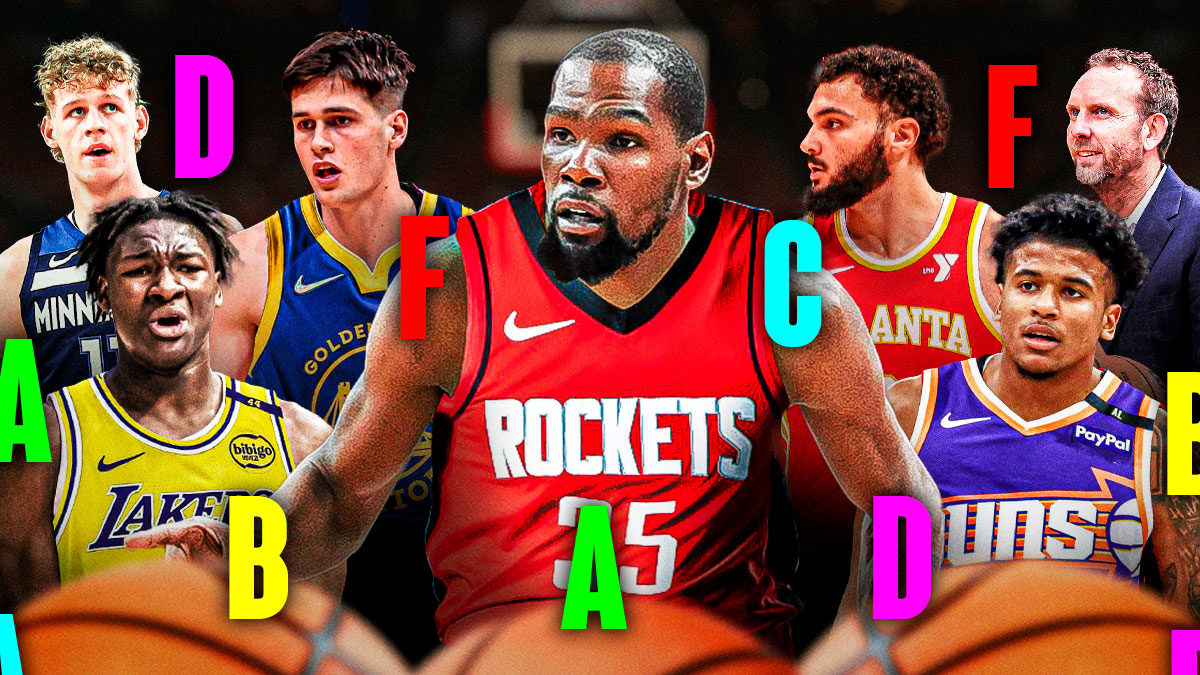With the sixth overall pick in June's NBA Draft, the Minnesota Timberwolves selected Jarrett Culver of the Texas Tech Red Raiders after making a trade with the Phoenix Suns. The 20-year-old is a 6-foot-7 shooting guard who showcased his diverse skill set in two seasons with the Red Raiders, earning him the right to be one of the most highly rated prospects in the draft class.
As a youngster, however, Culver's first love was actually not basketball. Born and raised in Lubbock, Texas, he played football and soccer as a kid, and only honed in on basketball as his primary sport during middle school. Nonetheless, his athleticism was already very evident early on, which made his transition to the sport almost seamless.
Culver played high school ball in his hometown for Coronado High School in Lubbock. As a senior, the promising guard averaged close to 30 points per ballgame, which earned him the honor of being named as the Lone Star Varsity Player of the Year in back-to-back seasons.
Culver would end up being labeled a three-star recruit coming out of high school. Several offers were on the table from NCAA Division I schools, but he wound up committing to Texas Tech in 2016.
Culver had a relatively impressive freshman campaign with the Red Raiders, putting up 11.2 points (on 45.5 percent shooting), 4.8 rebounds, 1.8 assists, 1.1 steals, and 0.7 blocks in 26.4 minutes per contest, while also draining 1.5 3-pointers per game on a 38.2 percent clip.
However, it was in his sophomore year that Culver would really break loose. He upped his numbers in nearly all statistical categories, ending the season with averages of 18.5 points (on 46.1 percent from the floor), 6.4 rebounds (he is a very impressive rebounder from the guard position), 3.7 assists, 1.5 steals, and 0.6 blocks per contest. Culver also attempted more 3-pointers as a sophomore (up to 4.2 attempts per game versus 3.9 from the previous year), but his efficiency from distance did take a significant hit. After connecting on 1.5 treys per game on 38.2 percent shooting as a freshman, Culver dropped down to 30.4 percent on 1.3 3-pointers made per contest as a sophomore.
Still, this was a minor downside to his second year in college, and one that most scouts would more than willingly overlook, especially considering how he improved significantly pretty much everywhere else.
With the departures of Zhaire Smith and Keenan Evans, Culver was the main man for Texas Tech in his sophomore year, and the youngster surely did not disappoint. He led the Red Raiders to a historic NCAA Tournament in what would end up being their deepest run in the tournament ever.
Culver and company went through Northern Kentucky (No. 14 seed), Buffalo (No. 6 seed), Michigan (No. 2 seed), Gonzaga (No. 1 seed), and Michigan State (No. 2) to book their place in the championship game of the tournament. However, Culver struggled mightily in the biggest game of his career, logging 15 markers on a horrible 5-of-22 shooting from the floor, as Texas Tech lost the title to fellow lottery pick De'Andre Hunter and Virginia in a hard-fought 85-77 overtime loss.
This marked the end of Culver's two-year stint with Texas Tech, with the guard declaring for the NBA Draft shortly after the NCAA season ended. He did not leave empty-handed, though, as he ended his college career on a high by securing the Big 12 Player of the Year award as well as being named part of the All-American Second Team.
In the build-up to the draft, Culver moved his way up the rankings and eventually wound up being selected by the Wolves with the sixth overall pick. Minnesota actually traded up to secure the rights to Culver, opting to send the 11th overall pick and incoming fourth-year power forward Dario Saric to the Suns. The Wolves obviously saw something in Culver they could not afford to pass up, forcing their hand to part ways with two major assets in exchange for the former Texas Tech standout.
This coming season, Culver is set to battle with fellow youngster Josh Okogie for the right to slide alongside veteran point guard Jeff Teague to form Minnesota's backcourt. Andrew Wiggins and Robert Covington will be the team's starting forwards, with Karl-Anthony Towns manning the middle for the Wolves.
Culver can afford to slowly work his way into the system, and unlike some of his fellow rookies who will be playing under a microscope in their debut seasons, he will actually be operating relatively under the radar. Nevertheless, this youngster does appear to have what it takes to excel at the NBA level, and he should end up being a valuable asset for the Wolves moving forward.

